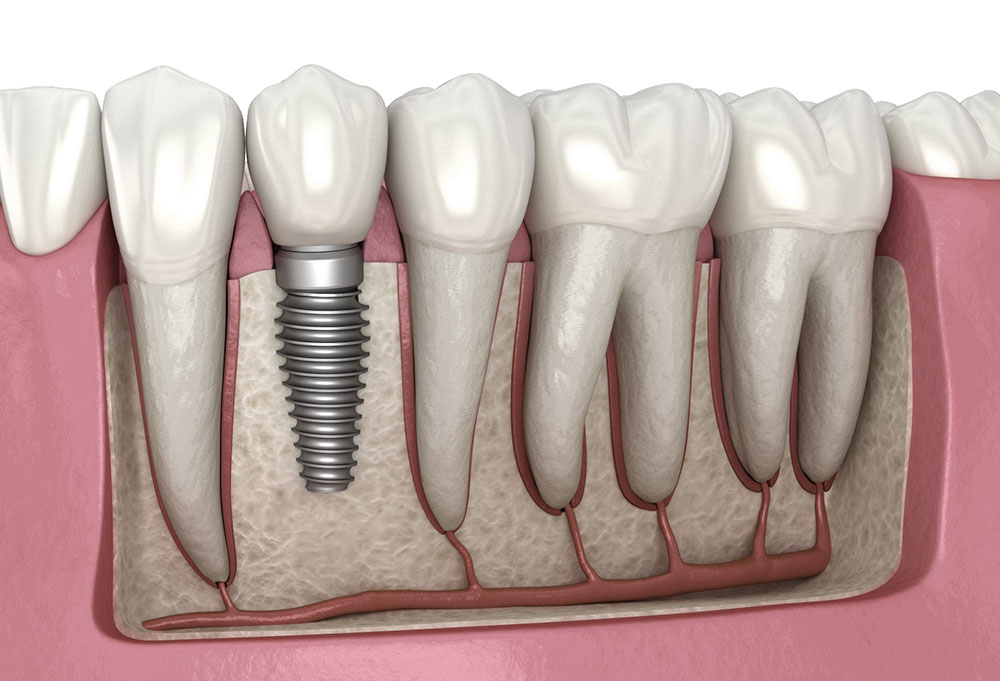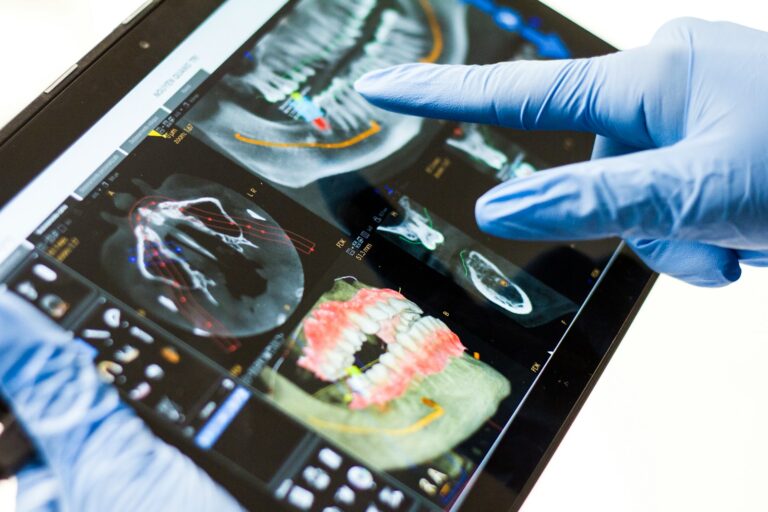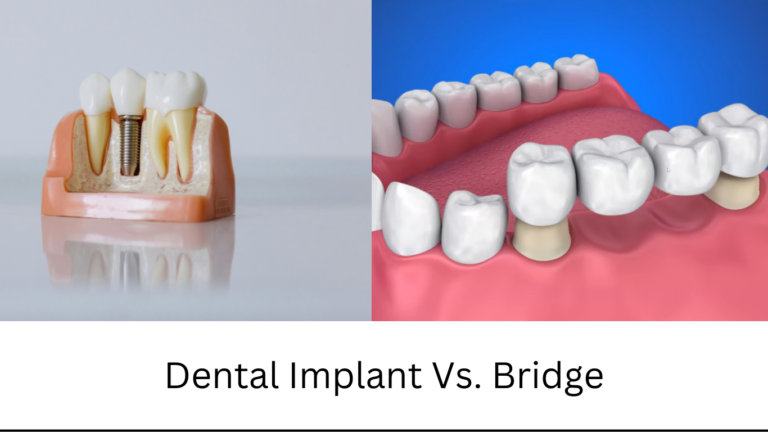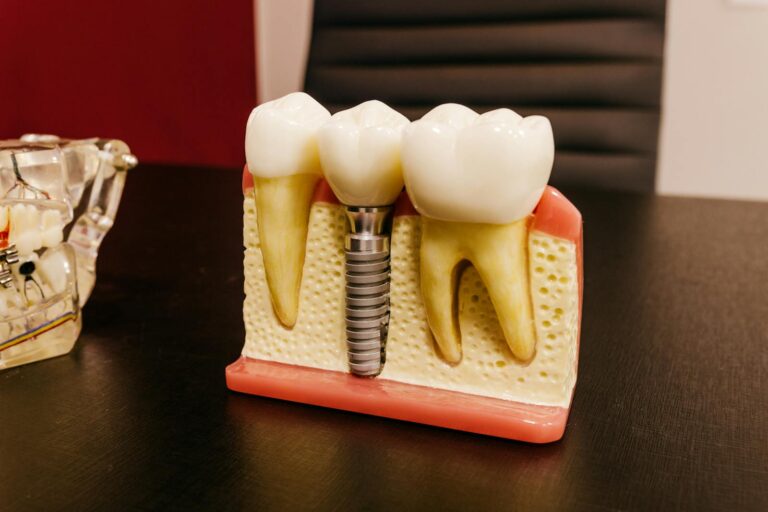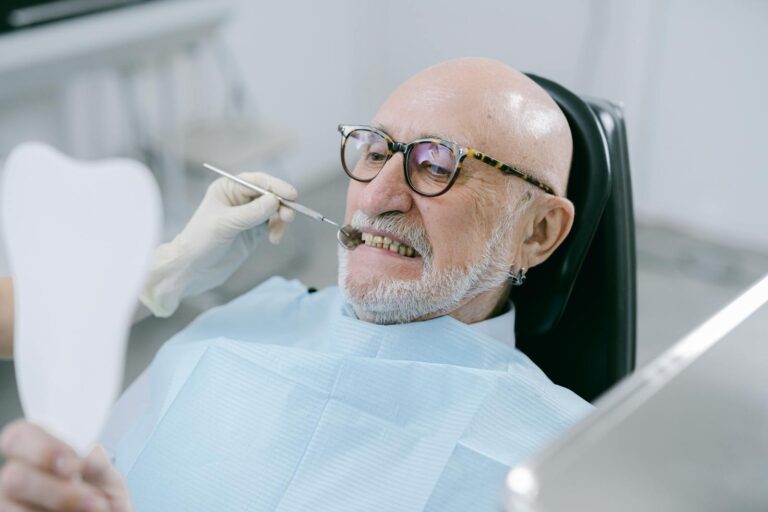Do Dental Implants Feel Like Real Teeth?
If you’re considering dental implants to replace missing teeth, there’s a good chance you’ve wondered: “Will they feel like real teeth?” It’s a completely valid question. After all, comfort and natural function are just as important as appearance when it comes to restoring your smile.
The short answer? Yes, dental implants can feel remarkably close to natural teeth—but there are a few things you should know to set the right expectations.
How Dental Implants Work
To understand how implants feel, it’s helpful to know how they function. A dental implant is made up of three parts:
- The Implant Post – This is the foundational component of a dental implant. It is typically made of biocompatible materials such as titanium or zirconia and is shaped like a small screw. During the surgical procedure, the implant post is precisely inserted into the jawbone to act as an artificial tooth root. Over time, it undergoes a biological process called osseointegration, where the bone grows around and firmly attaches to the implant. This fusion creates a solid and stable base that mimics the function of a natural tooth root, providing support for the abutment and the crown above it.
- The Abutment – This component serves as the connector between the implant post and the crown. Once the implant has successfully integrated with the jawbone, the abutment is attached to the top of the implant post during a minor follow-up procedure. It extends slightly above the gumline and provides a secure platform on which the crown is placed. Abutments are typically made from materials like titanium, zirconia, or stainless steel, and they are designed to withstand biting forces while maintaining a snug, precise fit to ensure the crown remains stable and functional.
- The Crown – This is the visible part of the dental implant and plays a crucial role in both appearance and function. The crown is custom-made from durable, tooth-colored materials such as porcelain or ceramic to replicate the shape, size, and shade of your natural teeth. It is carefully designed to blend seamlessly with your smile, ensuring a natural look. Beyond aesthetics, the crown is built to withstand the daily forces of chewing and speaking. It is securely attached to the abutment, completing the implant structure and restoring full dental function with a lifelike feel.
Once healed, the implant becomes securely fused with the bone in a process called osseointegration, providing a stable foundation for chewing, speaking, and smiling.
Do They Really Feel Natural?
In terms of function, dental implants are designed to replicate the stability and strength of natural teeth. Because the implant post is surgically embedded into the jawbone, it acts as a fixed root that holds the artificial tooth securely in place. This integration allows for natural chewing forces to be distributed evenly across the jaw, much like with a real tooth. As a result, implants offer a firm and stable feel while eating, speaking, or biting down. Unlike removable dentures, which may shift or require adhesives, implants remain stationary and provide a strong, confident bite that patients often describe as indistinguishable from their original teeth.
In terms of sensation, there is a notable distinction between natural teeth and dental implants. Natural teeth are anchored into the jawbone via roots that are rich in nerve endings. These nerves provide sensory feedback, allowing you to feel a range of subtle sensations such as pressure, texture, and temperature changes. This connection helps your brain detect how hard you’re biting, the texture of your food, or whether something is hot or cold.
Dental implants, while highly realistic in look and function, do not have the same direct nerve connection because the implant is made of biocompatible material and not living tissue. As a result, implants do not transmit sensation in the same way natural teeth do. However, surrounding tissues—like the gums and jawbone—still contain nerve endings, which can provide some general feedback. Most patients adapt to this change very quickly and report that the lack of nerve sensation does not interfere with their daily comfort or ability to enjoy food and oral function.
That said, most patients report that once healed, implants feel completely natural in day-to-day life. You’ll chew, speak, and smile without even thinking about the difference.
What Makes Implants Feel So Natural?
Several factors contribute to how natural a dental implant feels:
- Precise Fit – Implants are custom-designed to fit your mouth, ensuring they blend seamlessly with your bite and surrounding teeth.
- Bone Integration – Because the implant fuses with your jawbone, it feels secure and solid, much like a natural tooth root.
- Customized Crown Design – Your dentist will craft a crown that matches your natural teeth in shape, size, and color, making it visually and functionally indistinguishable.
- Stable Support – Unlike bridges or dentures, implants are not dependent on other teeth or adhesives. They feel more like an extension of your body.
What to Expect After Surgery
Initially, after implant placement, you may feel some discomfort during the healing process—similar to what you might experience after a tooth extraction. This is temporary and usually manageable with over-the-counter pain relief.
Once the implant has fully healed and the crown is placed, most patients report that they forget the implant is even there. There’s no foreign object sensation or extra maintenance beyond standard oral hygiene.
Do Implants Feel Better Than Other Tooth Replacements?
For most people, the answer is yes. Compared to removable dentures or traditional bridges:
- Implants don’t move or shift
- They don’t affect adjacent teeth
- They don’t require removal or special cleaning routines
The result is a replacement tooth that feels much more like your own.
Final Thoughts
Dental implants are the closest thing modern dentistry offers to real teeth—not just in appearance, but in the way they function and feel. While they may not have nerve sensation, they offer a level of comfort and confidence that most patients find indistinguishable from natural teeth.
If you’re considering dental implants and want a solution that feels natural, durable, and reliable, a personalized consultation with your dentist is the best first step.
